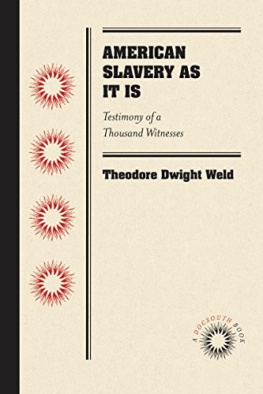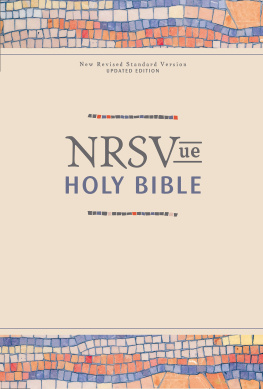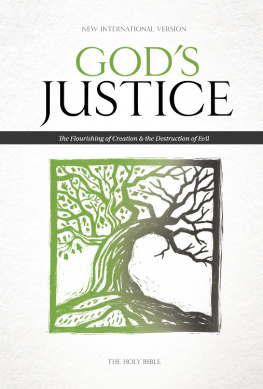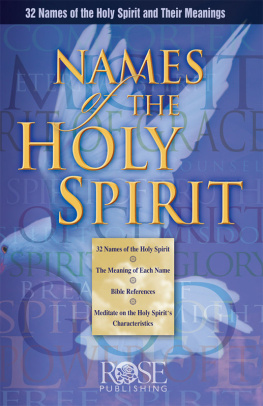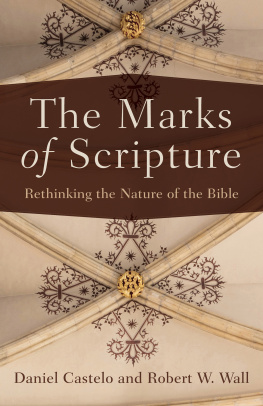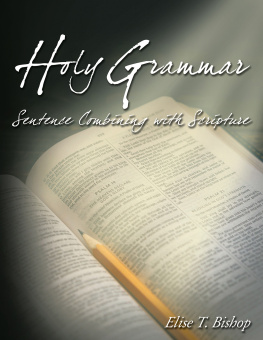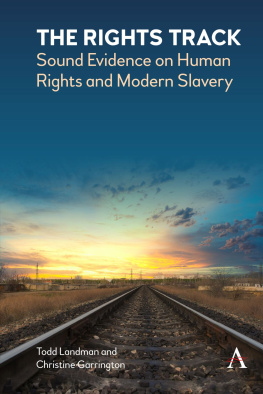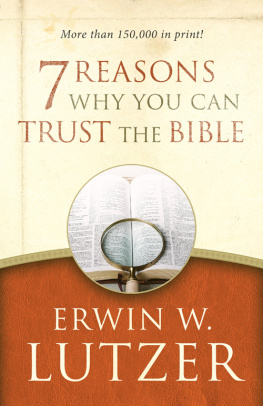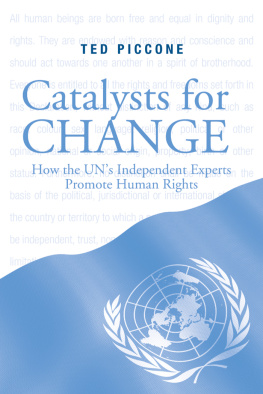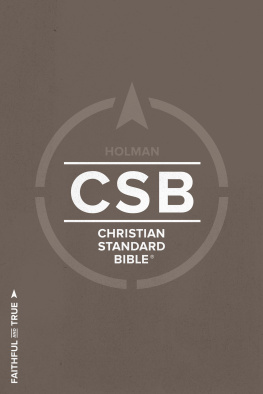Table of Contents
THE BIBLE AGAINST SLAVERY.
The spirit of slavery never seeks shelter in the Bible, of its own accord. It grasps the horns of the altar only in desperationrushing from the terror of the avenger's arm. Like other unclean spirits, it "hateth the light, neither cometh to the light, lest its deeds should be reproved." Goaded to phrenzy in its conflicts with conscience and common sense, denied all quarter, and hunted from every covert, it vaults over the sacred inclosure and courses up and down the Bible, "seeking rest, and finding none." The law of love , glowing on every page, flashes around it an omnipresent anguish and despair. It shrinks from the hated light, and howls under the consuming touch, as demons quailed before the Son of God, and shrieked, "Torment us not." At last, it slinks away under the types of the Mosaic system, and seeks to burrow out of sight among their shadows. Vain hope! Its asylum is its sepulchre; its city of refuge, the city of destruction. It flies from light into the sun; from heat, into devouring fire; and from the voice of God into the thickest of His thunders.
DEFINITION OF SLAVERY.
If we would know whether the Bible sanctions slavery, we must determine what slavery is. A constituent element, is one thing; a relation, another; an appendage, another. Relations and appendages presuppose other things to which they belong. To regard them as the things themselves, or as constituent parts of them, leads to endless fallacies. A great variety of conditions, relations, and tenures, indispensable to the social state, are confounded with slavery; and thus slaveholding becomes quite harmless, if not virtuous. We will specify some of those.
1. Privation of suffrage. Then minors are slaves.
2. Ineligihility to office. Then females are slaves.
3. Taxation without representation. Then slaveholders in the District of Columbia are slaves.
4. Privation of one's oath in law. Then disbelievers in a future retribution are slaves.
5. Privation of trial by jury. Then all in France and Germany are slaves.
6. Being required to support a particular religion. Then the people of England are slaves. (To the preceding may be added all other disabilities, merely political.)
7. Cruelty and oppression. Wives, children, and hired domestics are often oppressed; but these forms of cruelty are not slavery.
8. Apprenticeship. The rights and duties of master and apprentice are correlative and reciprocal. The claim of each upon the other results from his obligation to the other. Apprenticeship is based on the principle of equivalent for value received. The rights of the apprentice are secured, equally with those of the master. Indeed, while the law is just to the master, it is benevolent to the apprentice. Its main design is rather to benefit the apprentice than the master. It promotes the interests of the former, while in doing it, it guards from injury those of the latter. To the master it secures a mere legal compensationto the apprentice, both a legal compensation and a virtual gratuity in addition, he being of the two the greatest gainer. The law not only recognizes the right of the apprentice to a reward for his labor, but appoints the wages, and enforces the payment. The master's claim covers only the services of the apprentice. The apprentice's claim covers equally the services of the master. Neither can hold the other as property; but each holds property in the services of the other, and both equally . Is this slavery?
9. Filial subordination and parental claims. Both are nature's dictates and intrinsic elements of the social state; the natural affections which blend parent and child in one, excite each to discharge those offices incidental to the relation, and constitute a shield for mutual protection. The parent's legal claim to the child's services, while a minor, is a slight return for the care and toil of his rearing, to say nothing of outlays for support and education. This provision is, with the mass of mankind, indispensable to the preservation of the family state. The child, in helping his parents, helps himselfincreases a common stock, in which he has a share; while his most faithful services do but acknowledge a debt that money cannot cancel.
10. Bondage for crime. Must innocence be punished because guilt suffers penalties? True, the criminal works for the government without pay; and well he may. He owes the government. A century's work would not pay its drafts on him. He is a public defaulter, and will die so. Because laws make men pay their debts, shall those be forced to pay who owe nothing? The law makes no criminal, property . It restrains his liberty, and makes him pay something, a mere penny in the pound, of his debt to the government; but it does not make him a chattel. Test it. To own property, is to own its product. Are children born of convicts, government property? Besides, can property be guilty? Are chattels punished?
11. Restraints upon freedom. Children are restrained by parentspupils, by teacherspatients, by physicianscorporations, by chartersand legislatures, by constitutions. Embargoes, tariffs, quarantine, and all other laws, keep men from doing as they please. Restraints are the web of society, warp and woof. Are they slavery? then civilized society is a giant slavea government of law , the climax of slavery, and its executive, a king among slaveholders.
12. Compulsory service. A juryman is empannelled against his will, and sit he must. A sheriff orders his posse; bystanders must turn in. Men are compelled to remove nuisances, pay fines and taxes, support their families, and "turn to the right as the law directs," however much against their wills. Are they therefore slaves? To confound slavery with involuntary service is absurd. Slavery is a condition. The slave's feelings toward it, are one thing; the condition itself, is another thing; his feelings cannot alter the nature of that condition. Whether he desires or detests it, the condition remains the same. The slave's willingness to be a slave is no palliation of the slaveholder's guilt. Suppose the slave should think himself a chattel, and consent to be so regarded by others, does that make him a chattel, or make those guiltless who hold him as such? I may be sick of life, and I tell the assassin so that stabs me; is he any the less a murderer? Does my consent to his crime, atone for it? my partnership in his guilt, blot out his part of it? The slave's willingness to be a slave, so far from lessening the guilt of the "owner," aggravates it. If slavery has so palsied his mind that he looks upon himself as a chattel, and consents to be one, actually to hold him as such, falls in with his delusion, and confirms the impious falsehood. These very feelings and convictions of the slave, (if such were possible) increase a hundred fold the guilt of the master, and call upon him in thunder, immediately to recognize him as a man , and thus break the sorcery that cheats him out of his birthrightthe consciousness of his worth and destiny.




